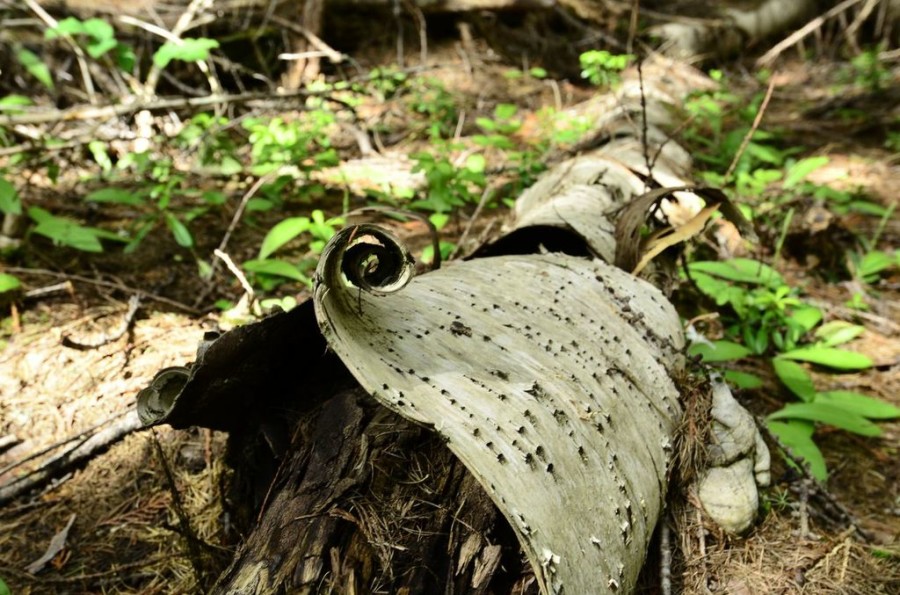To the Thompson family, trees are more than just pieces of lumber.
This summer I worked making videos for RBM (R stands for Roy, B stands for Ben and M stands for their mother, Evelyn), a local lumber company owned by the Thompson family in Columbia Falls, Mont. for six weeks. I quickly learned of the family’s high regard for the forest, but it was not until the the end of my tenure that I finally understood their compassion.
I traced their compassion and care for nature through every aspect of their small family business. Their core philosophy is to capture appreciation for nature by creating beautiful wood products that display the unique history of each tree they used. This means they love seeing knots and interesting patterns in wood and try their best to incorporate the natural beauty of wood into their final products.
[portfolio_slideshow]
By using salvaged pieces of wood (windblown, diseased or dead trees) and selectively managing and harvesting some healthy trees to promote old growth forest habitat, RBM limits their negative impact on the forest and creates long-lasting wood products for their customers to enjoy. If you factor in the different sizes, grades and species of wood they use, RBM crafts about 10,000 unique wood products, including rough lumber and beams, siding, flooring, tongue and groove paneling, mouldings, wide slab countertops, custom doors and picture frames. All leftover scraps and trim ends are used to make wood pellets, a more efficient energy source for heating homes.
“Waste is a moral issue for us,” said co-owner Roy Thompson.
It’s true that throughout their entire process of harvesting and processing logs, they produce very little waste. Furthermore, they use everything they can for its highest good to ensure that they don’t waste quality. For example, they will use wood with lots of knots and rot for their doors to add character, whereas other mills would grind up knotty wood for sawdust. RBM has a very unique business model. Unlike larger mills with automated processes, which employ only four or five people to work on one load of logs per day, RBM employs 45 people to work on the same daily load. RBM sees this as an advantage to their business, as they aim to promote the human creativity involved in deciding how to cut a piece of wood to expose its beauty, and they want to provide as many jobs as they can for their community. They are just now launching a new website, www.rbmlumber.com, where you can learn more about their company and its values.











